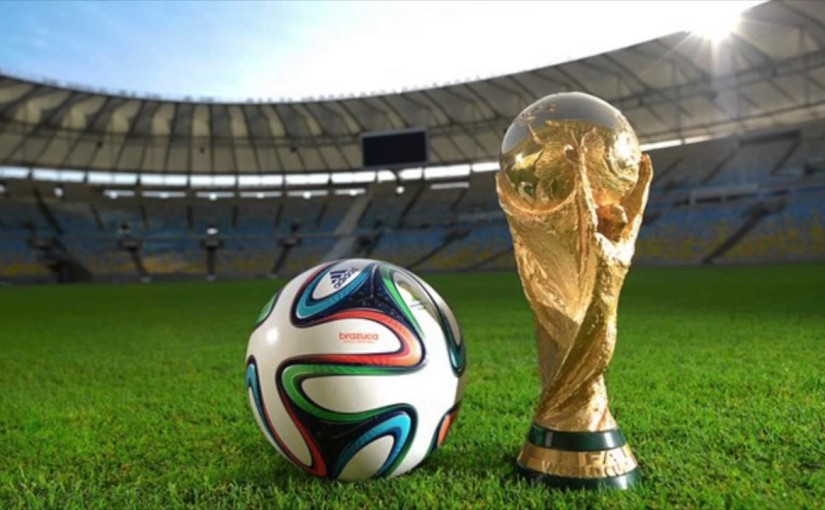By Andrew Warshaw
May 22 – FIFA is holding firm on kickoff times for the World Cup despite being threatened with legal action by Brazil’s athletes’ union (Fenapaf) which is calling for two-minute water breaks at the midway point of each half.
In a new and unwanted problem for world football’s governing body after all the issues over stadium delays and street protests, the union has filed a lawsuit to try and force FIFA to change the times of those games scheduled to start at 1pm local time, saying the intense heat at certain venues will put players’ health at risk. It wants all matches starting no earlier than 4 pm.
But FIFA said it spent nearly two years analysing start times and that it would not bow to the pressure or add mandatory cooling breaks. Last year it already altered the starting times of seven matches in the most hot and humid host cities.
“FIFA’s medical team is always monitoring carefully all venues during any FIFA competition to protect the players’ health,” the organisation said in a statement.
“Cooling breaks will be considered on a match-by-match basis for the 64 matches. Official and mandatory cooling breaks will not be pre-established. Rather, climate conditions will be evaluated prior to each match by the FIFA venue medical officer.”
One core aspect in defining the kick-off times was the very thorough analysis of the historical climate data in all venues. ”Therefore, the venues with the highest average temperatures such as Manaus, Cuiaba and Fortaleza do not have any matches with 13:00 kick-off times during group stage.”
But Fenapaf insists the changes are required based on local labour regulations. Union president Rinaldo Martorelli told The Associated Press: “We’ve been trying to discuss this with FIFA for nearly two years and they won’t even sit down to talk to us.
“The only alternative was to seek legal action. We really hope that they make the changes in kick-off times, but if that doesn’t happen, they need to at least make the cooling breaks mandatory.”
The players’ federation is asking for a temporary injunction against FIFA but there is no timetable on a ruling.
There were similar health concerns during the 1994 World Cup in the United States, when temperatures reached the mid-30C in some of the games.
They could potentially go higher in Qatar in 2022, which is why a switch to the winter is becoming increasingly likely, though the Qataris have developed stadium cooling technology.
Contact the writer of this story at moc.l1741556443labto1741556443ofdlr1741556443owedi1741556443sni@w1741556443ahsra1741556443w.wer1741556443dna1741556443

